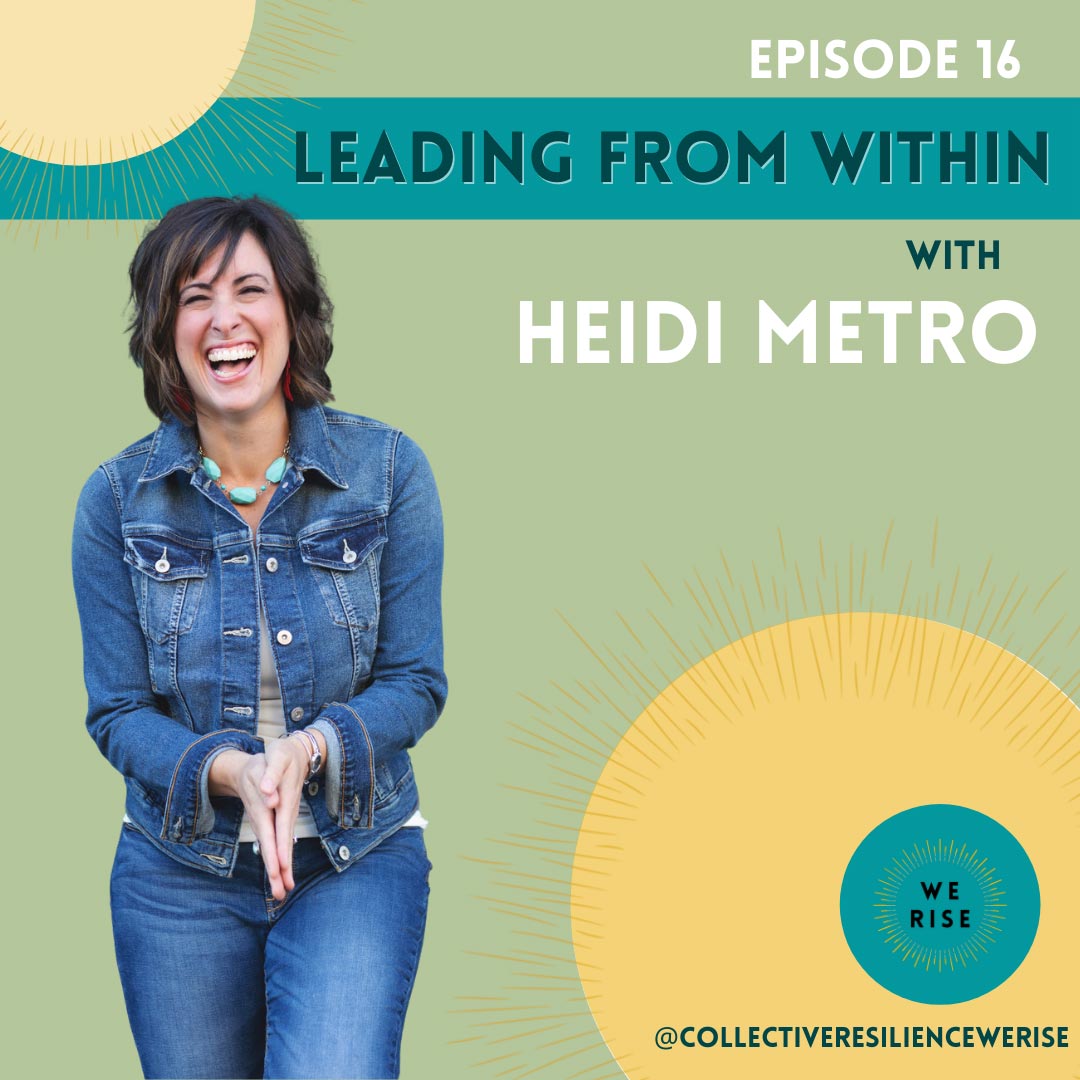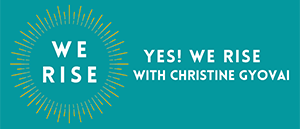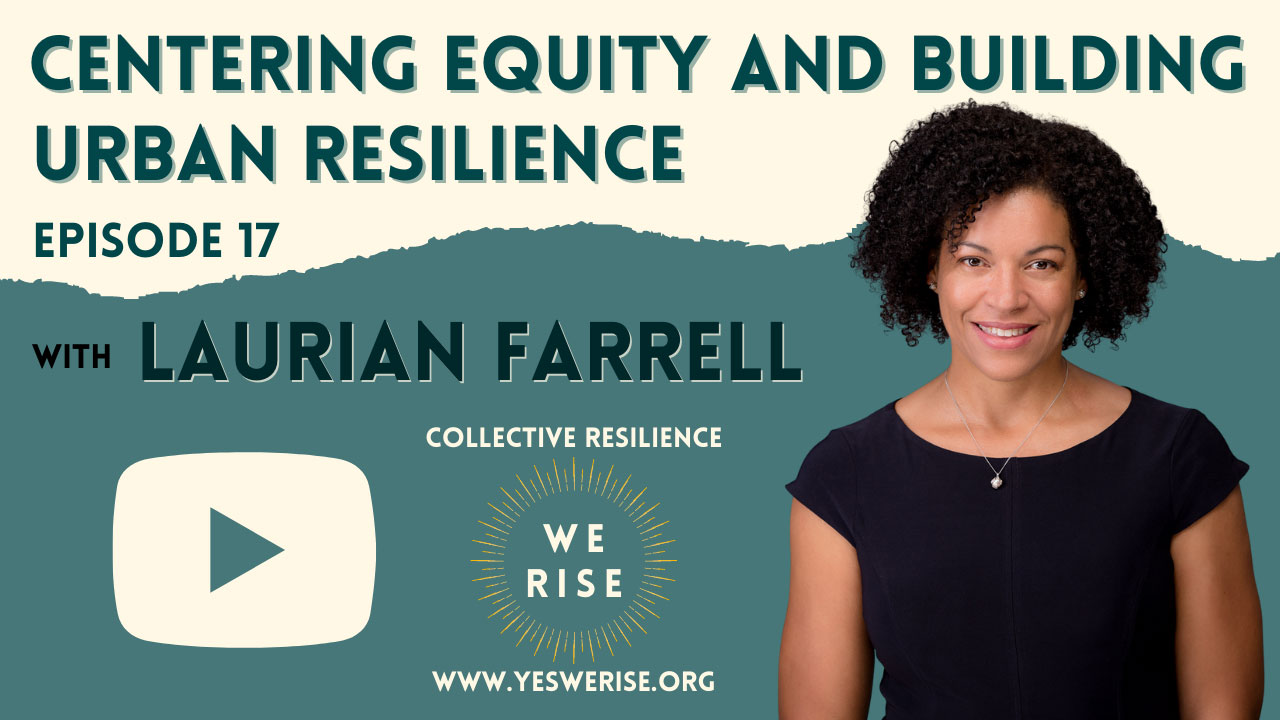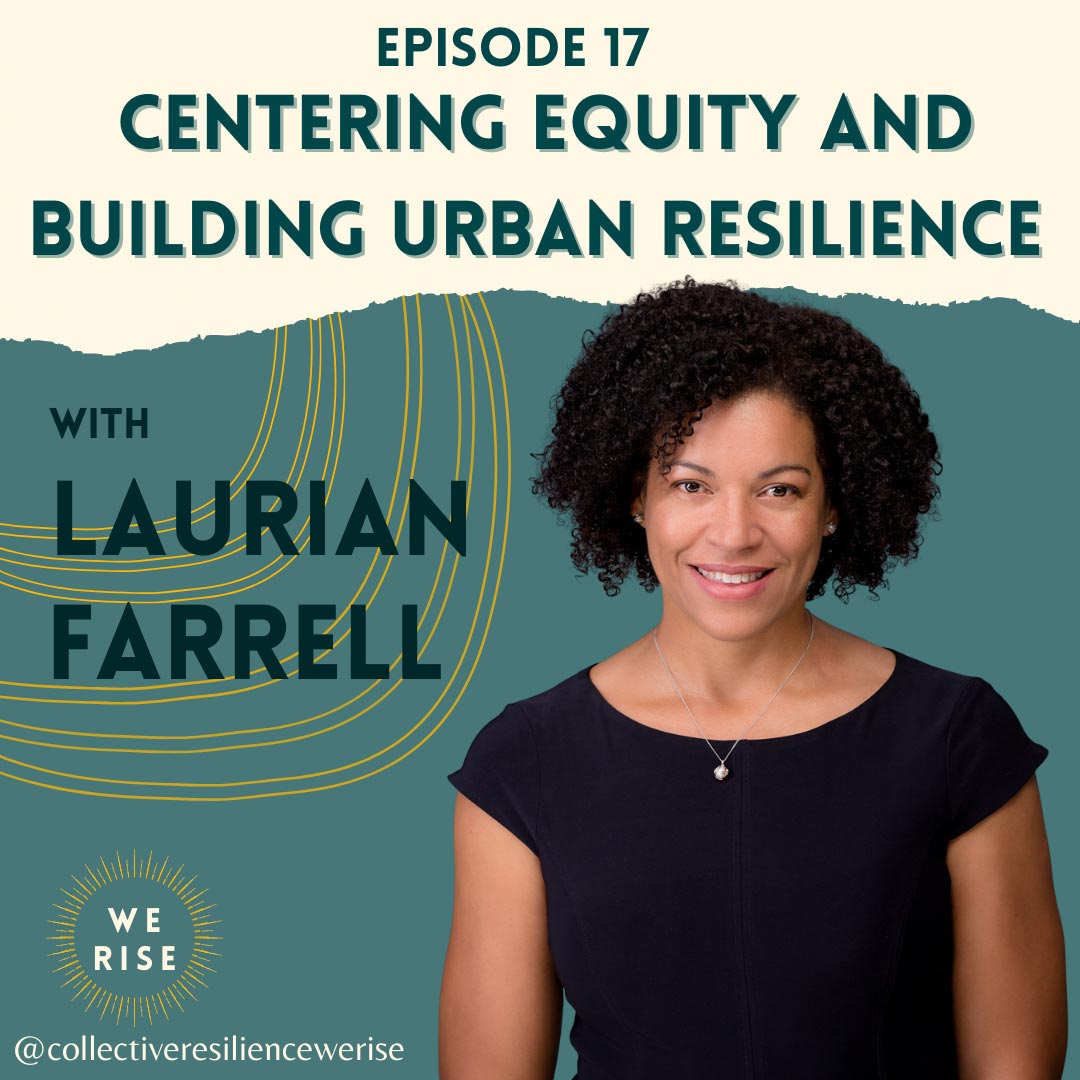
Episode 17:
Centering Equity and Building Urban Resilience with Laurian Farrell
Episode 17 Description
Download the show Notes
find us on youtube
Key takeaways
Creating space for Black voices to be heard
Growing up in a mixed race family of two cultures, Laurian Farrell’s father, who grew up on the Caribbean islands of Trinidad and Tobago, was the first Black principal in Toronto. Laurian’s mother is a retired nurse from Wales, with a family that has worked in the coal mining industry and lived in a mining village.
It wasn’t until her first couple of years at a predominantly white school where she was confronted with her race in a different way. She was asked many stereotypical questions and didn’t always know how to answer them. Her dad would remind her, “Focus on your school, focus on your studies, become the best engineer you can be.” She now approaches her work everyday with equity at the center of her profession.
Laurian moved to the United States to work for 100 Resilient Cities, an initiative by the Rockefeller Foundation. She now works with Resilient Cities Network.
After the murder of George Floyd, Laurian took part in the creation of a Community of Practice on Racial Equity. Composed of Chief Resilience Officers in the US and Canada, the group is focused on equity and dismantling systemic racism in cities.
Laurian was also invited to be part of the newly formed Black Environmentalist Alliance out of Toronto. The group centers on equity and creating space for Black professionals to share their stories and have their voices heard while also supporting other professionals as they come along.
In the wake of George Floyd’s murder, the group created space for one another to share their stories, process each of their experiences, and building a community of safety and trust. Being part of this community has been life-giving and energizing for Laurian in a way she never thought possible!
Bringing equity into urban communities
In her work with the Community of Practice on Racial Equity, Laurian describes resilience as making sure that there are co-benefits in every action taken. The focus cannot be solely on the development of infrastructure. It also must take into account the broader impact on communities, the climate, and racial equity. She references the article by Stewart Sarkozy-Banoczy and Ron Harris, “No Equity, No Resilience: Minneapolis is All of Us,” which lays out a framework that cities can follow to ensure resilient decisions.
Pursuing this vision in cities around the country are Chief Resilience Officers. These leaders are responsible for developing the resilience strategy for their city, and identifying funding and support in the form of consulting around and creation of strategy development.
Chief Resilience Officers are essential to create connections between programs, people, and businesses throughout the city, helping to develop and call others into a holistic, resilient, approach that supports the whole community.
Shifting a community and creating progress toward equity requires all voices to be at the table. Historically, in the creation of our societal systems, this was not the case. The Chief Resilience Officers work to ensure that unheard or underrepresented perspectives are part of the conversation to ensure equitable solutions for all.
Some incredible examples of cities taking equity seriously came out of the COVID-19 pandemic. Oakland, Tulsa, and San Francisco all distributed funds raised during the pandemic, centering it on equity.
There is always more work to be done, but the work of these cities and others are reflective of what’s possible and how to take steps toward equity and resilience in urban communities.
The future of resilience is centered on equity
A resilient future requires nimbleness, flexibility, and adaptability. It means no longer building based on past scenarios or past planning, but on future needs. Future resilience is about building to function and connecting systems based on a range of scenarios to respond adequately to needs.
In the aftermath of Hurricane Katrina, her friend Janvieve Williams Comrie and the organization she works with, AfroResistance, were in the trenches helping people document their banking information because information had many times been lost in the flood and there was often no way to access funds.
Inspired by these stories, Laurian wants to collaborate and build programs with organizations like this as she continues her work in equity and resilience.
An encouraging shift that Laurian has seen is with private sector and philanthropic communities looking at unrestricted funding. This type of approach will allow the Community of Practice to hit their goals for resilience, and the uptake in unrestricted funding will help drive action within the cities. It’s an exciting opportunity to have all of these funding avenues.
Additionally, the Resilient Cities Network now has Resilient Community Impact Funds, and the plan is to leverage this seed funding to get more funding which will go directly toward supporting cities.
Through all of the progress and developments, Laurian has experienced the power of speaking her truth. She encourages others to not be afraid, and if you have an idea, go after it.
notable quotes from Laurian
“Building trust was foundational to having a successful community of practice.”
“It’s fascinating to me how resilience has become embedded in every cell in my body. And I understand more than ever, that no one can be resilient, and no community can be resilient without equity. And so those two things go hand in hand… They’re constantly with me in everything I do, whether that’s professional or personal.”
Links/resources mentioned
Find out more about Laurian Farrell, as well as the Black Environmentalist Alliance.
Discover more about the incredible work of the Resilient Cities Network and the Community of Practice on Racial Equity.
Learn more about Janvieve Williams Comrie and AfroResistance.
Learn more about urban equity and resilience by reading No Equity, No Resilience: Minneapolis is All of Us by Ron Harris and Stewart Sarkozy-Banoczy.
The Yes! We Rise podcast is produced by Dialogue + Design Associates, Podcasting For Creatives, with music by Drishti Beats.
Follow Yes! We Rise on Facebook and Instagram.
Please rate, review, and subscribe to the podcast so we can continue spreading our message far and wide. Find our email list at the website: www.yeswerise.org. Thanks for listening.
Don’t miss an episode — follow us on Spotify and subscribe via Apple Podcasts, Stitcher, Google Play, or Amazon Music and please leave us a review wherever you listen.
Jump to:
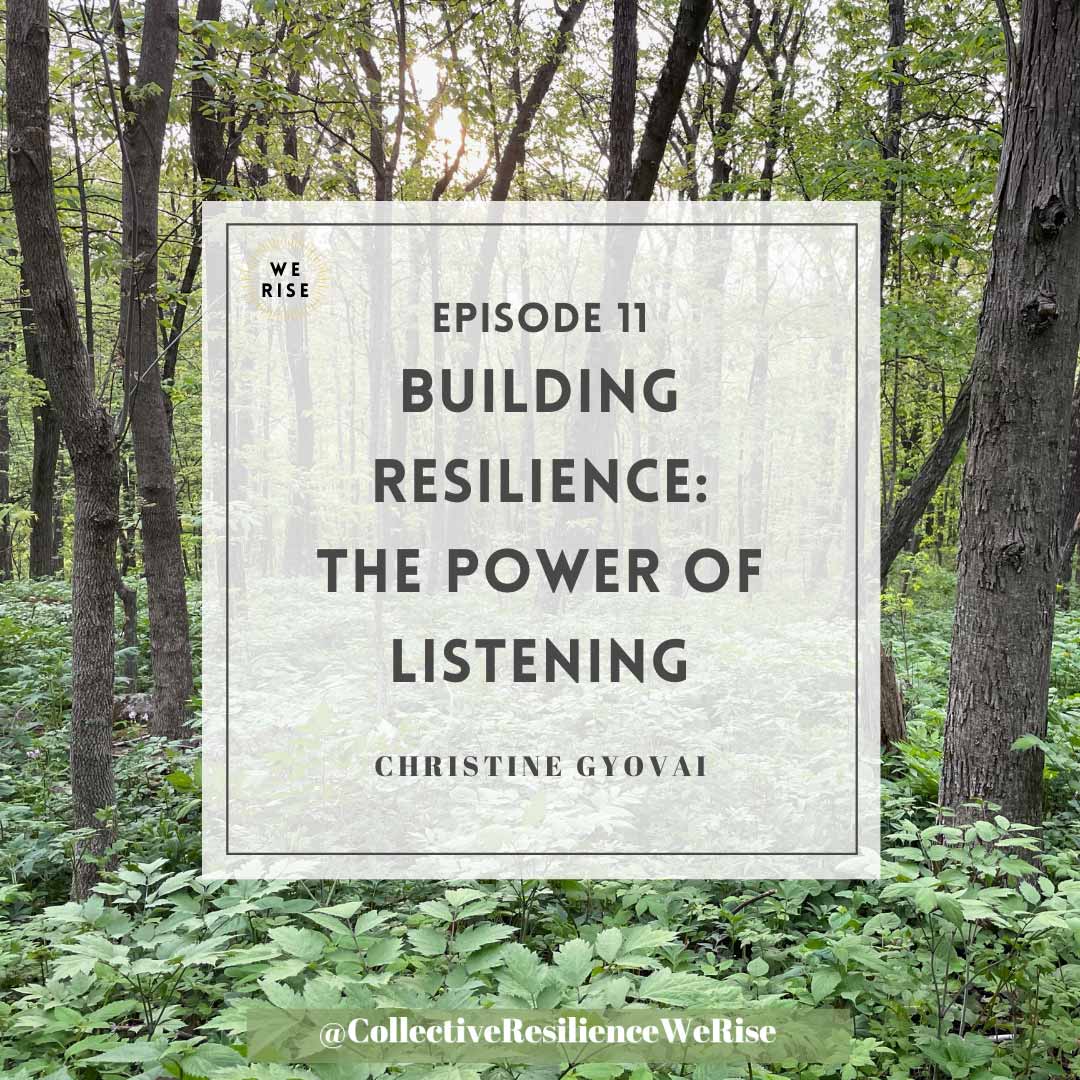
Episode 11
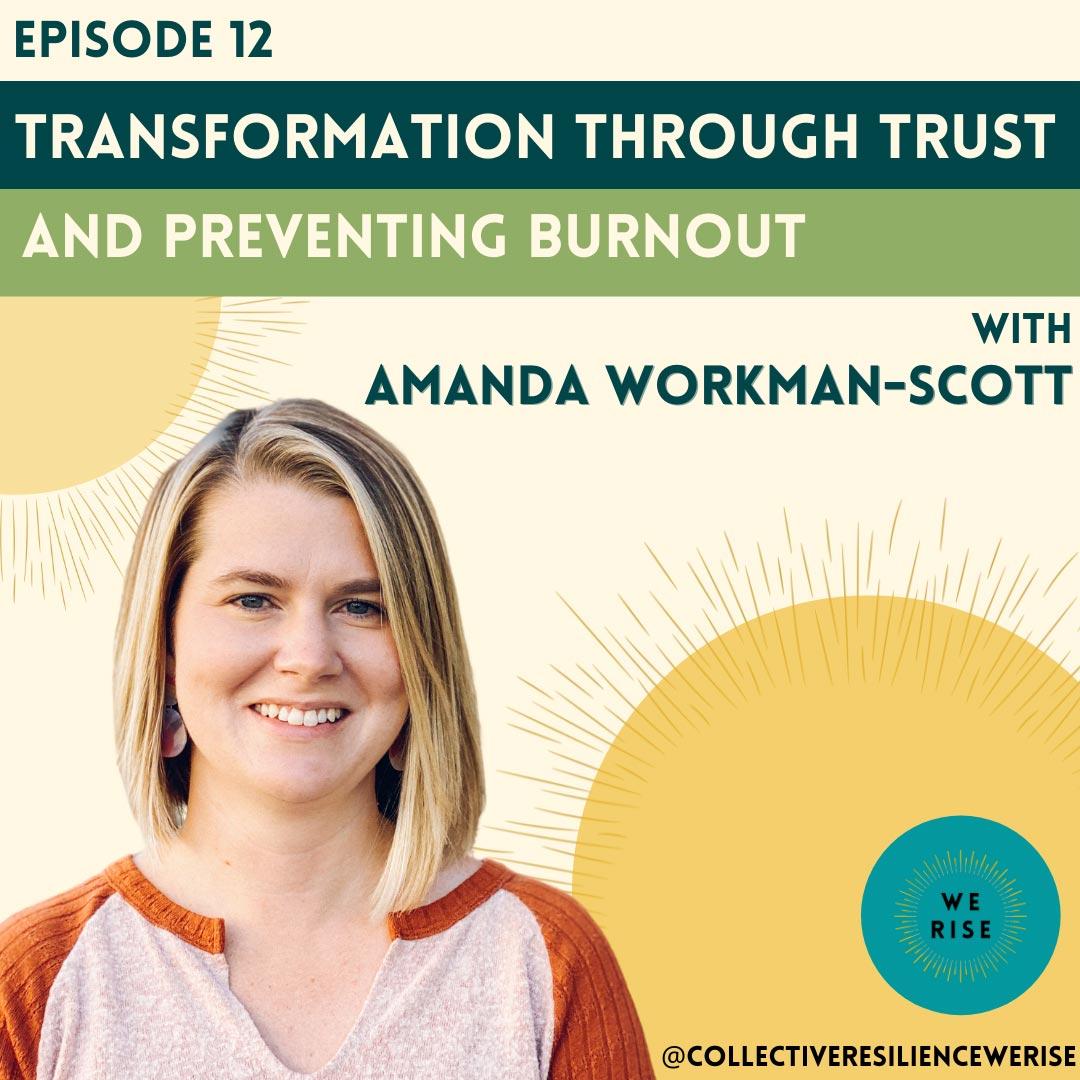
Episode 12
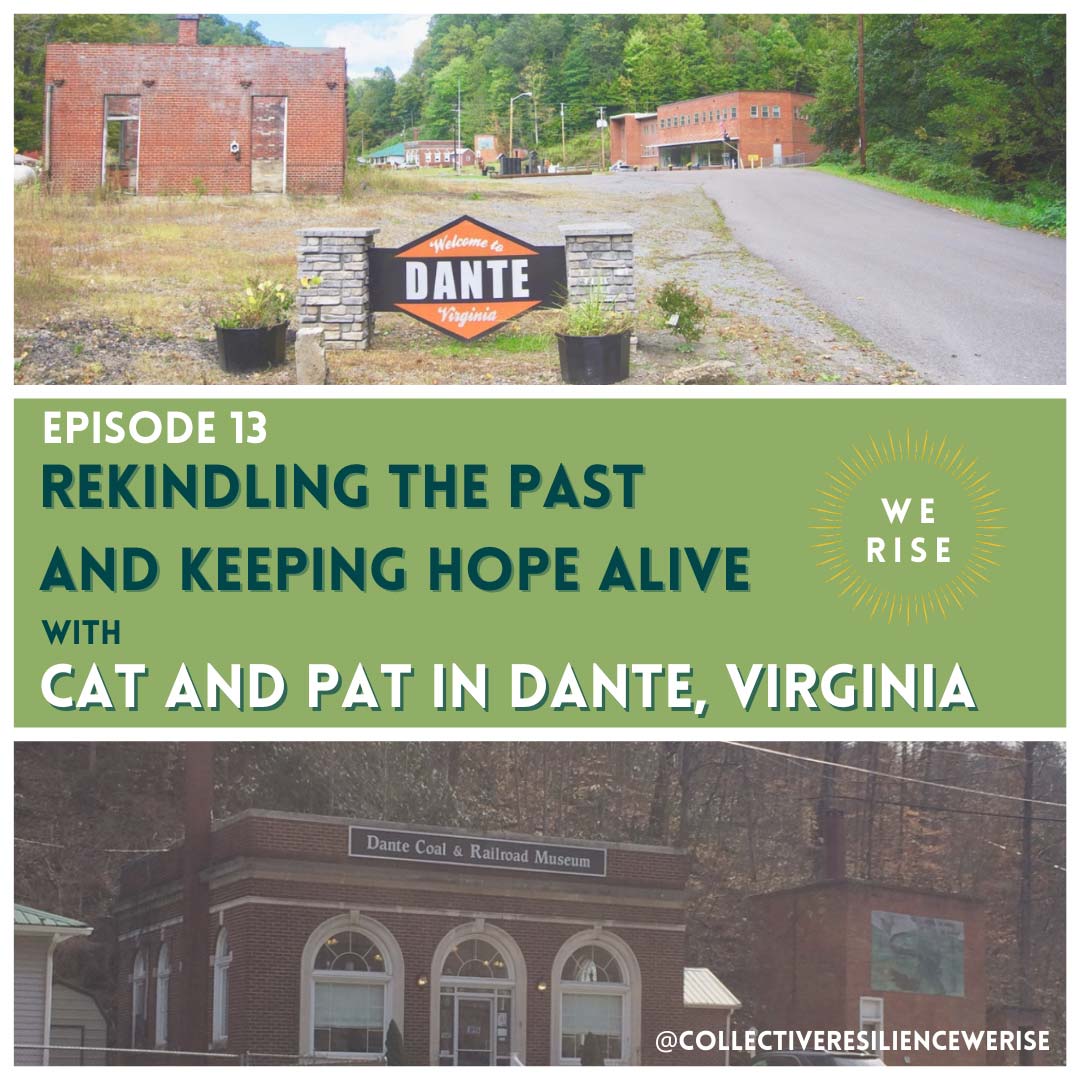
Episode 13
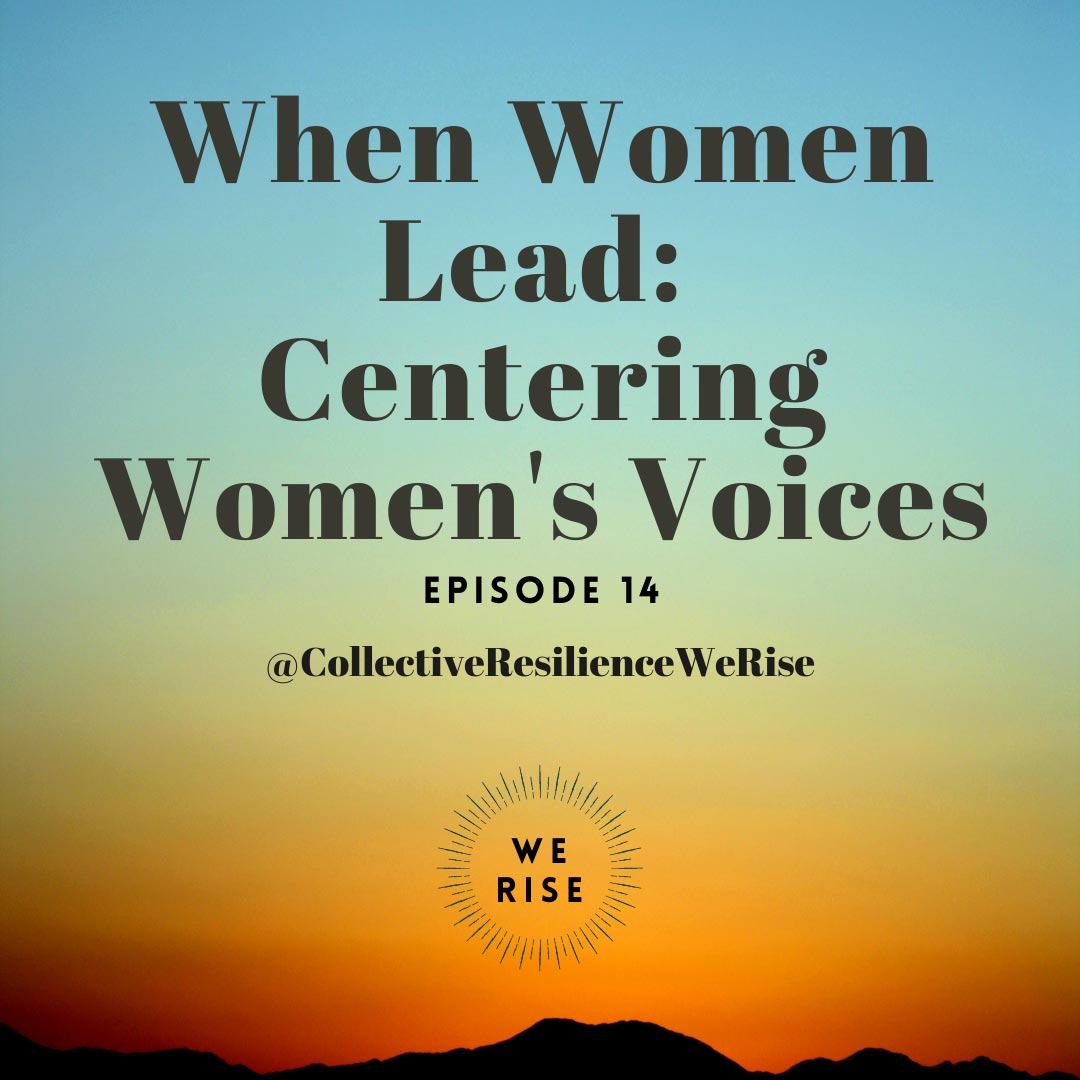
Episode 14
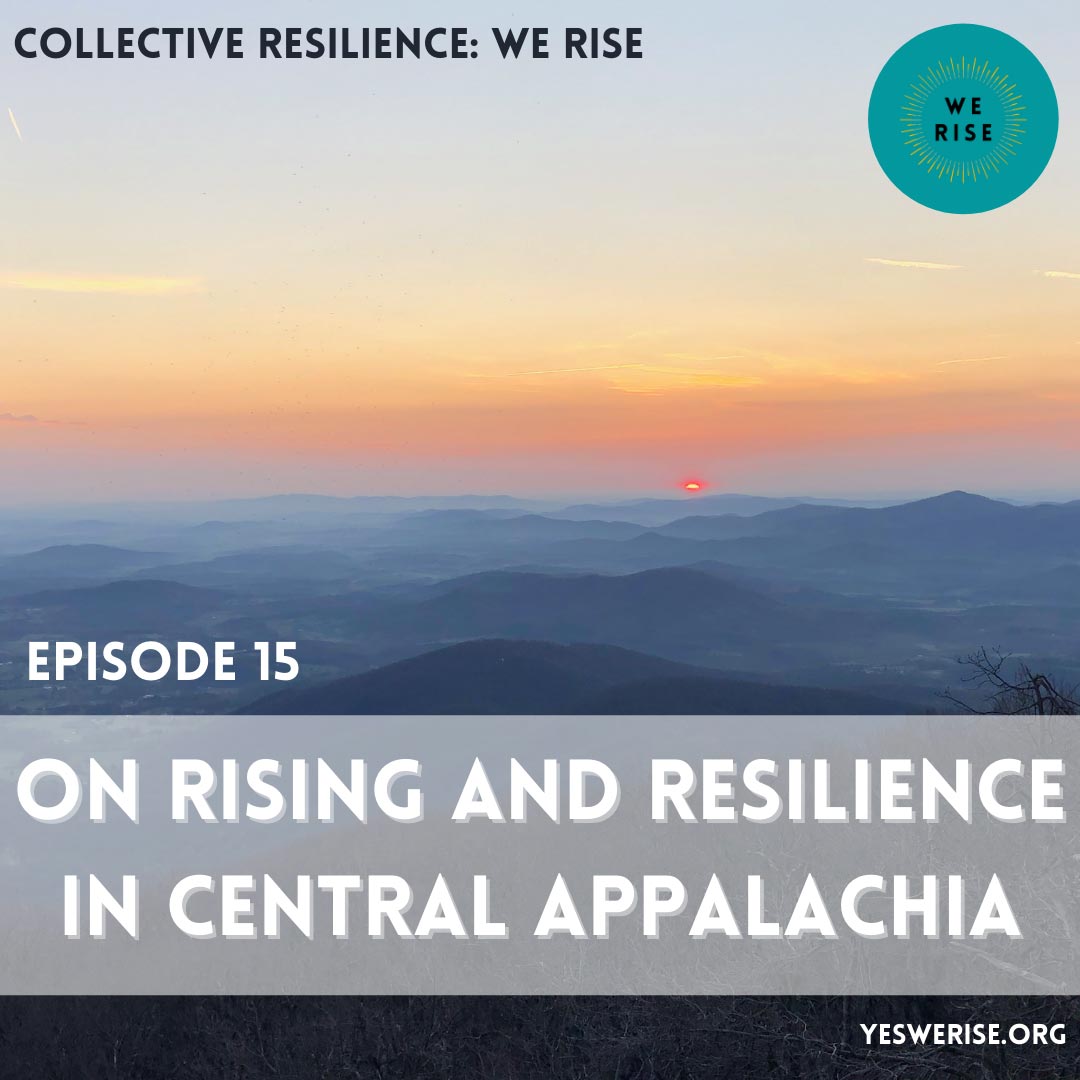
Episode 15
